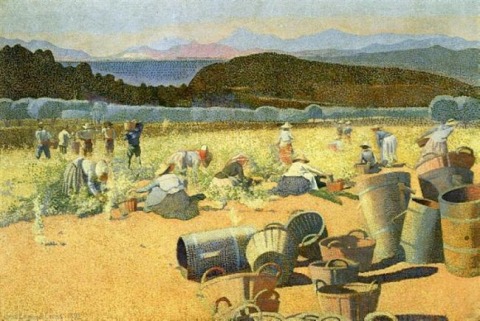
Acts have consequences, and some of these consequences are natural. To put it differently, whatever we do has results, and some of them result from what we are.
Because of our physical nature, if we cut ourselves, we bleed. Because of our social nature, if we betray our friends, we lose them. Because of our intellectual nature, if we try to keep ourselves from thinking straight about some things, we will have difficulty thinking straight about a lot of other things too. We reap what we sow.
This insight applies to our sexual nature as well. For example, it isn't just physical consequences like bodily disease that make the hedonism of what is called the gay lifestyle like the merriment of a danse macabre. A hundred notes of sorrow tell the tale. For example, conscious of sterility in all its senses, desperate to find a way to make empty sex seem meaningful, some young male homosexuals deliberately seek out men with deadly infections as partners; this is called "bug chasing."
Unless one is a physician or counselor whose business it is to heal the sundry hurts of flesh or spirit, it is not usually helpful to say too much about such dreadful things, because the shock and horror of them is so great that in order to defend themselves against it, listeners tend to shoot the messenger. Suffice it to say that the literature of the movements of disordered sexuality talks about them more frankly than I can here.
Despite public denial, people know quite a bit about the natural consequences of their acts, even if not the full range of them. Consider the strangeness of the expression “safe sex,” an inadvertent confession of dangers from which one seeks protection.
Tomorrow: Part 5. This seven-part series is adapted from my chapter in a book to be published by Ignatius Press.